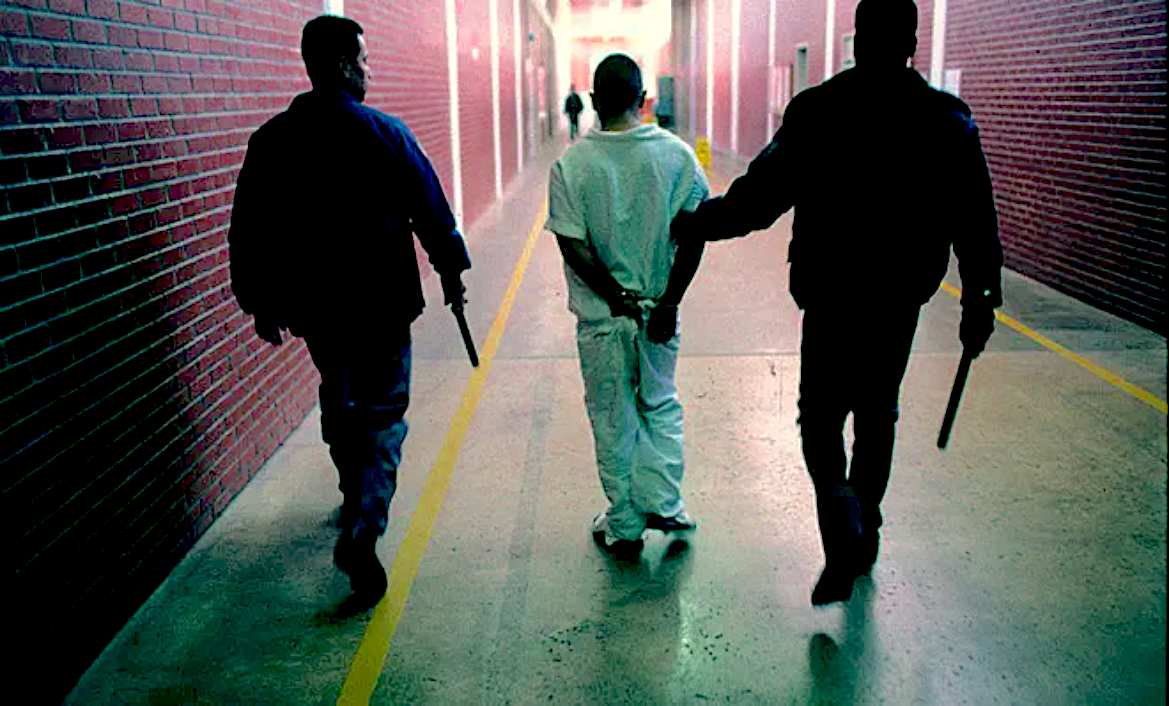
Published 06/29/2024 10:27 | Edited 06/29/2024 10:38
The Minister of National Security in Javier Milei’s government, Patricia Bullrich, presented this Friday (28) the bill “Juvenile Penal Regime”. This is the reform that the Argentine government will send “in the next few days” to Congress to reduce the age of imputability for minors from 16 to 13 years old.
The proposal to reduce by three years the age at which adolescents who commit a crime can be judged and deprived of their freedom is a matter of social debate, especially in cases of insecurity involving minors and resulting in victims and their families crying out for justice. But now the policy has made its position official: the government wants to impute minors from the age of 13.
“It is impossible to combat criminals without laws that protect federal security forces and the justice system in protecting good Argentines. Therefore, following a decision by President Milei, joint teams from the Ministry of Security and the Ministry of Justice worked on drafting the Bill to Reduce the Age of Imputability, with the aim of ending impunity, stopping the revolving door and responding to the demands of the population,” explained Bullrich and the Minister of Justice, Mariano Cúneo Libarona.
Experts give their opinion on the official objective of lowering the age of responsibility for minors, highlighting a contradiction with the Convention on the Rights of the Child.
Child development
“Currently, when non-imputability is decreed, as in the case of a gas station employee in Rosario who was murdered by a 15-year-old boy, the judge closes the case immediately. With this project, an environmental, psychological and interdisciplinary report will be required to assess whether a non-imputable person, that is, a minor under 13, is in danger. Not doing so, as is currently happening, is abandoning someone who is not punishable but may be at risk or pose a risk to others,” explained Fernando Soto, national director of Regulatory Affairs and Judicial Liaison, who participated in drafting the text.
On the other hand, detractors of the proposal highlight a contradiction with what is required by the International Committee on the Rights of the Child, which monitors the Convention on the Rights of the Child. “It is the most ratified international treaty in the history of the world and was incorporated into our constitutional system as supreme law,” said Rodrigo Morabito, judge at the Juvenile Criminal Responsibility Chamber of Catamarca.
In 2019, the committee issued General Comment No. 24, which states that “documented evidence in Child Development and Neuroscience indicates that maturity and abstract thinking are still evolving between the ages of 12 and 13, as the frontal part of the cerebral cortex is still developing.” Morabito, who is also a member of the UNICEF judges’ network, reinforces that “it is unlikely that at these ages they will understand the consequences of their actions or understand criminal procedures.”
Impact of the measure
Another point of debate is how reducing the age to 13, allowing deprivation of liberty in special establishments, would change the fate of teenagers and potential victims. Morabito argues that “toughening criminal policy has not improved citizens’ quality of life nor reduced crime rates, which increase as the population and poverty levels grow.”
The judge also highlights the importance of early interventions in unaccountable adolescents, stating that “full rights protection systems must work strongly with young people who commit minor transgressions, as they generally evolve into more serious crimes”.
Data and Statistics
In 2023, Argentina recorded an increase of almost 8% in cases involving children under 18 years of age, with more than 26 thousand episodes of robberies, thefts, assaults, abuse and murders. In the province of Buenos Aires, 23,846 cases were initiated in 19 judicial departments, and in the Federal Capital, 2,197 cases were analyzed by the National Juvenile Court.
Although the impact of some cases may be more strident, the largest percentage of crimes committed by minors are related to property crimes. In Buenos Aires, these cases represent 28% of total complaints.
Juvenile Penal Regime
The text, called “Juvenile Penal Regime”, defines the age of criminal responsibility and establishes punitive measures according to the crime committed. According to the new bill, penalties can reach 20 years in prison.
Main Points of the Juvenile Penal Regime
- Age Range: Teenagers aged 13 to 18.
- Rights and Guarantees: The rights and guarantees recognized in the National Constitution and in international instruments will be ensured.
- Places of Detention: Juvenile offenders shall be held in special establishments or separate sections of penitentiary establishments, under the direction of qualified personnel.
- Adaptation by District: According to Bullrich, “once incorporated into the Penal Code, each district will adapt it to its procedural codes; they will have to decide what type of detention facilities they will use for minors.” The minister explained that not all provinces are in the same situation and, therefore, they must decide where minors who commit crimes will be housed.
Complementary Measures
Parents will be informed about the charge and other procedural acts. The judge and the Public Prosecutor’s Office will continuously monitor the effective protection of the rights of victims, who will receive free psychological and legal assistance. In the case of conditional sentences, additional measures will be implemented, such as counseling, guidance, participation in educational programs, citizenship education, professional training, medical or psychological assistance, obligation to seek employment, appearance in court, and prohibition of alcohol and drug consumption.
Penalties Provided for in the Juvenile Penal Regime
- Sentences of 3 to 6 years: If there is no death of the victim, serious violence against people or serious injuries in culpable crimes, the sentence can be replaced by measures such as warning, prohibition of approaching the victim, prohibition of driving vehicles, prohibition of frequenting certain places, provision of services to community, electronic monitoring.
- Maximum Sentences: 20 years: Upon serving 2/3 of the sentence, the court may decide to continue with alternative measures. Compliance with the sentences will be checked by the judge or inspector, and the victim can also check if they wish. In case of unjustified non-compliance with an alternative sentence, the judge will replace it with a more severe one. For sentences not exceeding three years, the juvenile offender may be granted probation, subject to certain conditions.
Other Points of the Juvenile Penal Regime
In cases of non-attributable minors (for example, minors under 13 years of age), the judge will investigate the existence and circumstances of the illicit act and the alleged participation of third parties, carrying out a psychological assessment and an environmental report. In case of risk of recurrence, he may order hospitalization for social rehabilitation. A supervisor will be assigned to monitor the minor, conducting regular interviews and helping resolve health issues. Unjustified delay in the process will be considered a serious misconduct by the judge, and the inspector may waive criminal action in whole or in part in cases of crimes with a sentence of less than six years, as long as there are no other aggravating circumstances.
This bill, which still needs to be approved by Congress, promises to provoke an intense debate in Argentine society, balancing the need for public security with the protection of the rights of minors.
Source: vermelho.org.br

